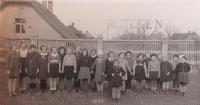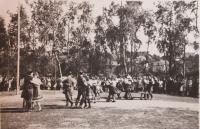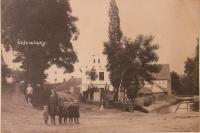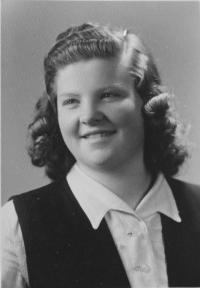It was nice
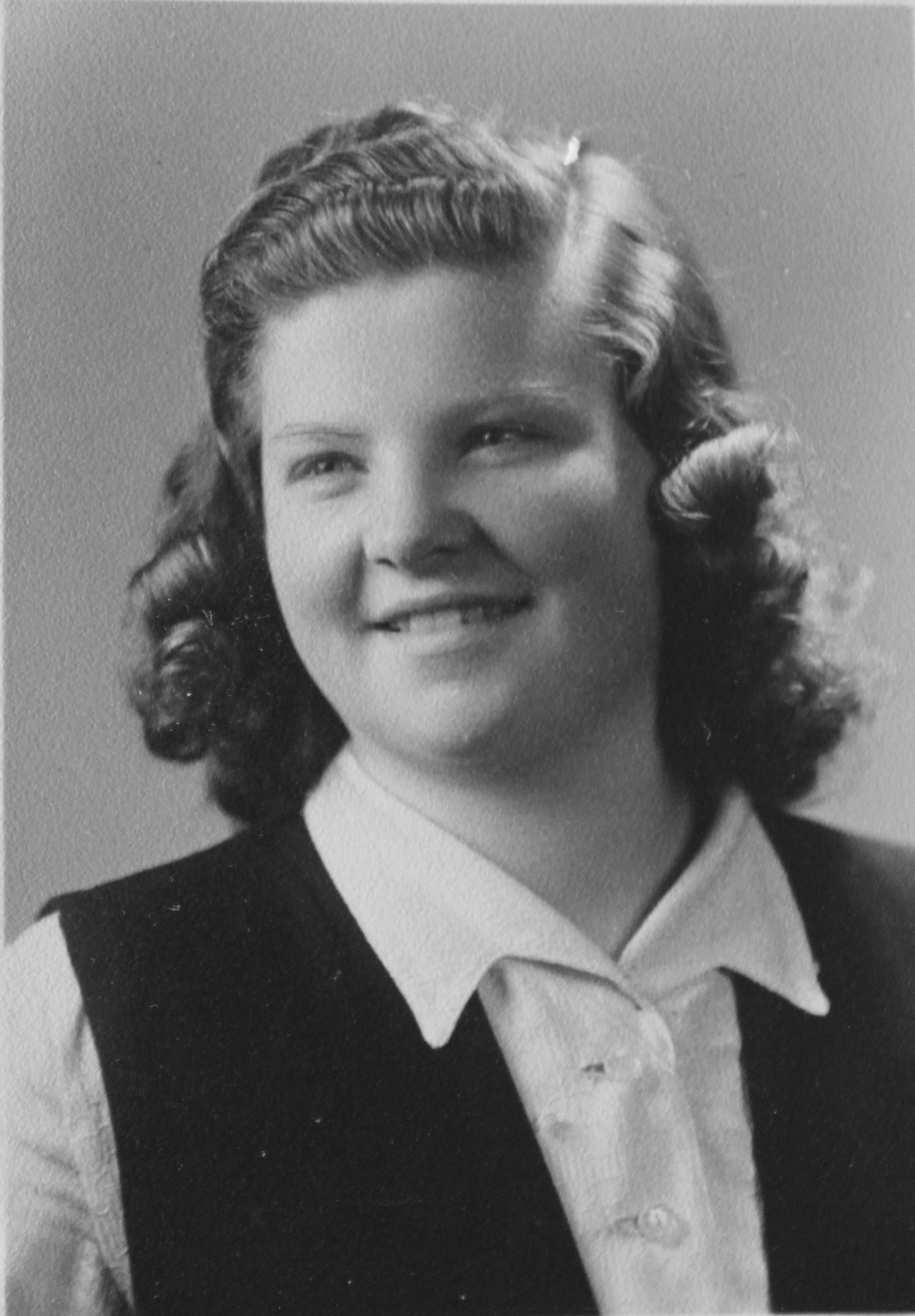
Download image
Jarmila Fusová, née Gesnerová, was born on 15 March, 1931 in a family of a farmer in Chlumčany near Louny. Since her early childhood she had a very close relation to the family farm, work but also theatre and the young first republic, which she was not only led at home, but also in the Sokol association in Chlumčany. She experienced the arrival of refugees from the borderland after acceptance of the Munich Agreement. From war she remembers the last days best, when near Chlumčany was a battle between the German and Soviet units, which she saw in person at the age of eighteen. After war she worked in agriculture, but her working class origin got her everywhere. She only found her piece in a screw factory in Žatec. She has been living in Žatec until today.
